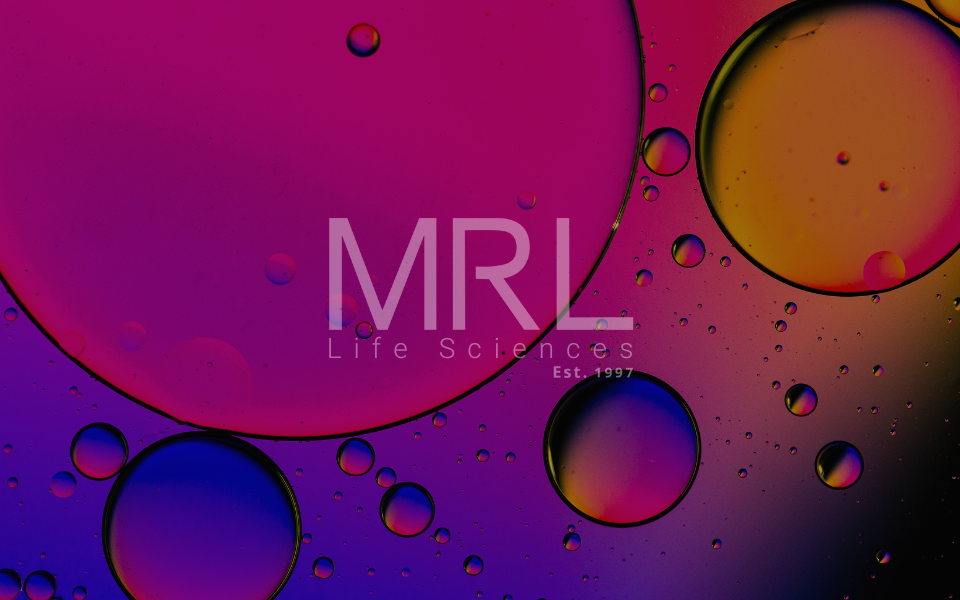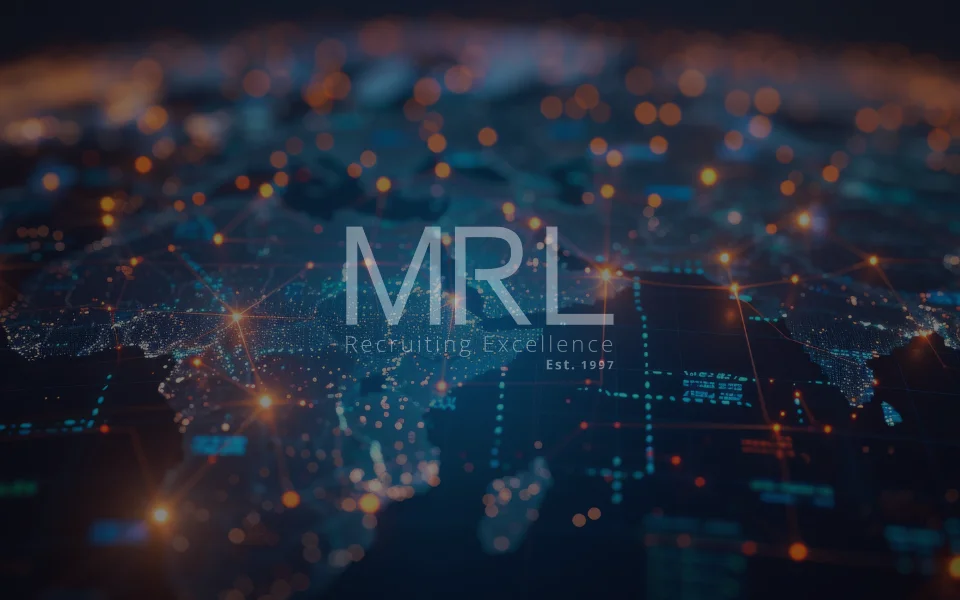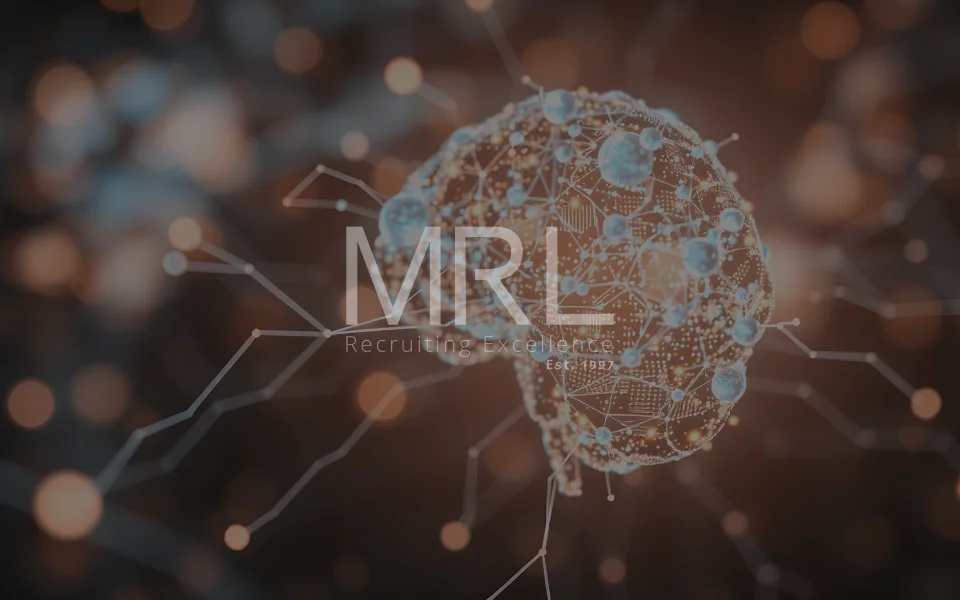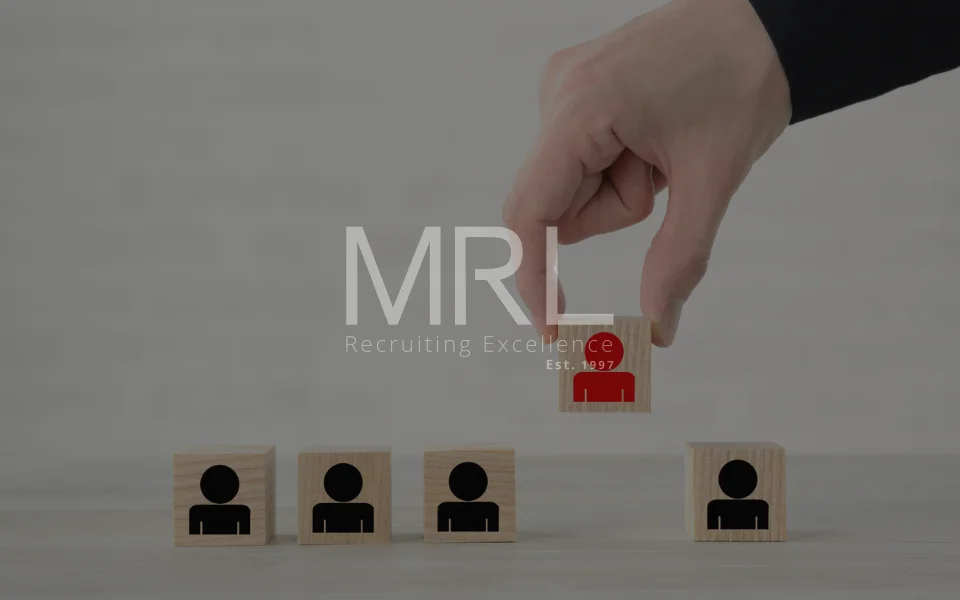The Role of Artificial Intelligence in Life Sciences MRL
12 Dec, 20235 minutesThe Role of AI in Life Sciences: Transforming Research and DevelopmentIn the interesting, ev...

The Role of AI in Life Sciences: Transforming Research and Development
In the interesting, ever-evolving landscape of the life sciences industry, constant innovation is key to advancing research and development. Among the cutting-edge technologies driving this transformation, Artificial intelligence and machine learning stand out as game-changers.
In this blog, we delve into the pivotal role that AI plays in revolutionizing R&D in the life sciences, spanning from groundbreaking drug discovery to the intricacies of clinical trials.
The Growing Impact of AI in Life Sciences
Artificial intelligence (AI) has swiftly revolutionized numerous industries, and the life sciences sector is no exception. The integration of AI into the fields of medicine and biology has enabled scientists to utilize vast amounts of data, make accurate predictions, and solve complex medical challenges.
According to a report by Grand View Research, the global AI market in the life sciences was valued at $1.3 billion in 2020, with an anticipated compound annual growth rate (CAGR) of 41.2% from 2021 to 2028. This surge is attributed to the increasing adoption of AI in drug discovery, disease diagnosis, and personalized healthcare, showcasing its potential to accelerate scientific research and improve clinical trials.
Improving Drug Discovery Potential with AI
AI is reshaping the drug discovery process by leveraging advanced algorithms to sift through vast datasets and identify potential candidates with unprecedented speed and accuracy. Automated laboratory robotics, powered by AI, enable high-throughput screening of compounds, expediting the identification of promising molecules.
Machine learning algorithms can then analyze complex biological data, predicting and prioritizing potential drug candidates. This not only accelerates the discovery phase but also enhances the precision of targeting specific diseases.
Applications of AI in Drug Discovery
The drug development process is notoriously long and costly, involving extensive screening of molecules. AI-driven algorithms, however, have the capability to analyze vast biological data, swiftly identifying patterns and relationships crucial for discovering new drug targets. This optimization includes predicting effective chemical compounds, reducing the number of compounds for lab testing, and significantly expediting new drug production.
Machine learning is also streamlining clinical trials by identifying patient populations most likely to benefit from new therapies. The global AI in drug discovery market is projected to grow from $259 million in 2019 to $3.5 billion by 2027, indicating a CAGR of 36.6%.
As technology advances, the field of drug discovery is poised for even more significant breakthroughs, leading to more effective treatments and improved patient outcomes. Let’s look at the applications in greater detail:
Revolutionizing Clinical Trials through AI
AI's impact extends beyond the laboratory into the space of clinical trials. Improved patient recruitment is facilitated through digital platforms and machine learning algorithms, ensuring a more efficient selection of participants meeting specific trial criteria. Electronic data capture systems automate data collection and management, providing real-time access to information from decentralized trial sites.
Artificial intelligence's significance in designing clinical trials, calculating sample sizes, and implementing remote trials is pivotal. Natural Language Processing (NLP) effectively extracts data from clinical trial notes, enhancing precision in identifying adverse events. This not only improves patient safety but also automates biological and clinical data extraction, reducing the workload for clinical trial staff.
Tools such as Deep Learning and Optical Character Recognition (OCR) accelerate patient recruitment by analyzing textual data, learning from past trials, and creating qualifying questions through chatbots. These advancements ensure more accurate and relevant data collection and management.
Remote monitoring tools, such as wearables and connected devices powered by the Internet of Things (IoT), enable continuous monitoring of health parameters and adherence to trial protocols. Notably, AI also streamlines regulatory compliance by ensuring that documentation and protocols adhere to guidelines.
AI in Precision Medicine and Biotechnology
In the biotechnology sphere, AI is fostering innovation across various domains. From genomics to precision medicine, AI-driven insights are reshaping our understanding of biological processes and personalized treatment approaches. The integration of AI systems into life sciences technology not only expedites research but also opens doors to novel therapeutic avenues.
Machine learning and predictive analytics customize treatment plans based on a patient's health history. Wearable devices, biosensors, and health-measuring mobile applications provide supplementary health data, which AI analyzes alongside existing medical records.
This comprehensive approach aids healthcare professionals and individuals in understanding and managing patient health effectively and efficiently.
AI in Disease Diagnosis and Prognosis
AI has made significant strides in disease diagnosis, outperforming human experts in certain cases. Advanced algorithms analyze large amounts of medical data, aiding in the identification of diseases and the development of personalized treatment plans. AI's efficiency is exemplified in studies like Stanford University's, where an AI algorithm diagnosed skin cancer with an accuracy rate of 91%.
Ethics and Regulation in AI for Life Sciences
With the growing prevalence of AI in life sciences, concerns about ethical and regulatory implications have emerged. Issues such as privacy, data security, and bias in AI algorithms need careful consideration. The FDA and other regulatory bodies have recognized these concerns and released regulatory frameworks focusing on transparency, explainability, and validation of AI algorithms. You can read more about this in our blog on regulatory changes in the life sciences industry.
Future Prospects and Challenges
As AI transforms the life sciences industry, challenges emerge, including the need for high-quality data, ethical considerations, and regulatory oversight. Skilled data experts are crucial in ensuring AI models are correctly trained, emphasizing the importance of addressing the challenges to unlock the full potential of AI in life sciences.
Embracing the Future of Life Sciences Careers
As AI continues to redefine the landscape of life sciences, the demand for skilled professionals in this dynamic field is on the rise. If you're considering a career in the intersection of AI and life sciences, explore exciting opportunities with us at MRL.
We specialize in collaborating with major life sciences companies, offering a platform for individuals passionate about contributing to the future of healthcare through innovative AI-driven solutions. If that appeals to you, get in touch with us today.




